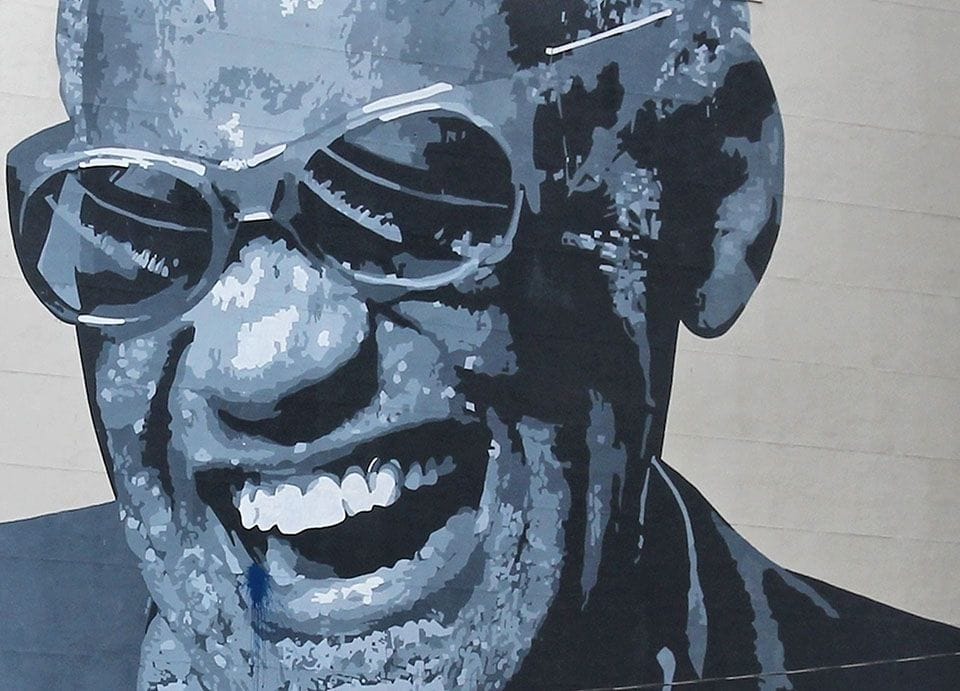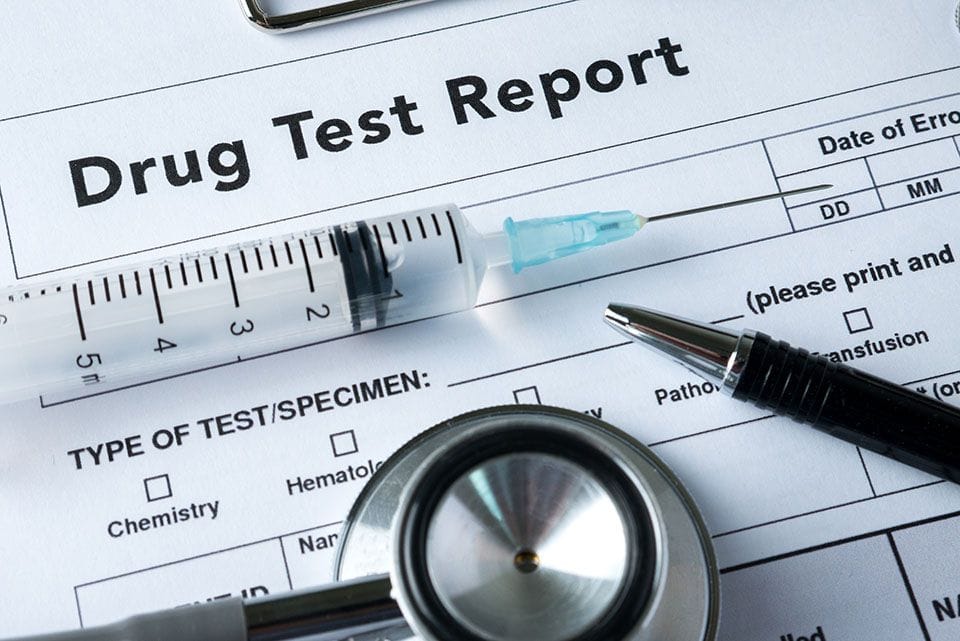Some mental health problems tend to show up together. For example, it is not uncommon for people dealing with post-traumatic stress disorder (PTSD) to also struggle with substance abuse. Alcoholism is a problem for around 30 percent of people with PTSD. Dealing with both problems at the same time has been considered risky because the primary treatment for PTSD, exposure therapy, requires patients to regularly confront disturbing memories. Being forced to think about trauma was considered a trigger for renewed drinking in order to cope. A University of Pennsylvania study which appeared in a 2013 edition of the Journal of the American Medical Association shows that treating both problems with evidence-based methods can be successful. The study involved 165 individuals who had been diagnosed with both PTSD and an alcohol dependency. Study participants were placed in one of four possible treatment groups.
Group Number 1
People in this group were treated with the drug naltrexone, which is used to curb cravings for alcohol. This group also underwent exposure therapy which asks individuals to repeatedly think about what was traumatic until it becomes less disturbing.
Group Number 2
The second group also took naltrexone to reduce alcohol cravings but rather than exposure therapy, these individuals received standard support counseling.
Group Number 3
Individuals in group three were given a placebo pill and underwent extensive exposure therapy.
Group Number 4
The last group was given a placebo pill and received standard counseling. By the six-month marker some key differences could be observed. While all of the participants regardless of which group they were in demonstrated fewer cravings for alcohol and were drinking less often, some treatment combinations were more successful than others.
- All of the subjects who took naltrexone were drinking less than people who had not been given the drug
- People who received both naltrexone and exposure therapy showed the strongest resiliency. Relapse rates for this group were 5.4 percent compared to 13.3 percent among individuals who had received a placebo plus standard support counseling.
This is good news since it shows how mental health providers need not wait to address the issue of alcoholism until after PTSD is resolved. The strain of exposure therapy doesn’t have to trigger more drinking if the patient is given a medication that will help to reduce alcohol cravings. When people turn to a counselor, they are in search of hope. And seeing positive results is one of the surest ways to find that hope. Thus, helping people deal with the source of anxiety, while at the same time helping them resist a negative coping mechanism, gives them necessary encouragement and sends the trajectory of therapy in a consistently positive direction.



